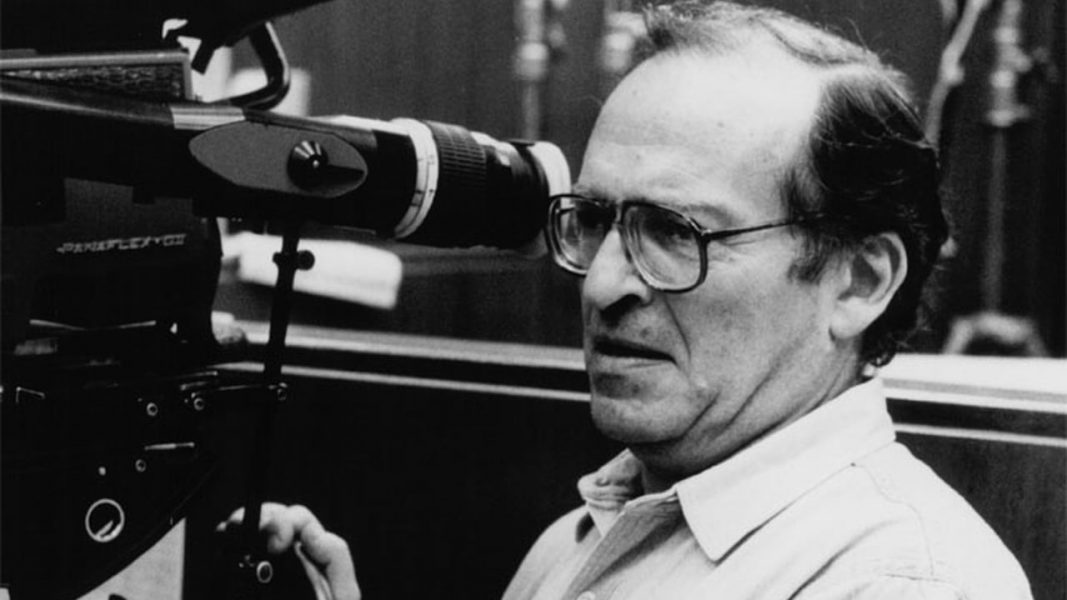
Now, five years after his death, Lumet is the subject of a new documentary by Nancy Buirski called By Sidney Lumet. His sprawling filmography obsessed over crime, corruption, morality and much in between with a terse, razor-sharp focus.

Though never as celebrated and glamorous as Martin Scorsese or Francis Ford Coppola-despite being more prolific than either-Lumet was one of the greatest filmmakers at work during the 1960s and '70s, with Network among his top achievements. The film was written by Paddy Chayefsky, but it owes much of its vision to its director, the late Sidney Lumet. Related: Nine ways the movie Network predicted the whole Donald Trump circus Finch's performance is one of those iconic marvels of modern cinema that the '70s seemed to pop out like chicken eggs, but Network is also abetted by a dazzling ensemble cast, including turns from William Holden and Faye Dunaway (who landed an Oscar for her role as a conniving and obsessive programmer). But Beale sticks around, and his broadcasts descend into rambling, fiery sermons about the "pointless pain, humiliation and decay" of modern life, and-well, you can guess what happens next. Instead, the despairing anchor announces that he plans to commit suicide on live TV. Beale does not go gentle into that good severance package. (Presumably, it's the ideology accounting for the thousands of voters who evidently supported Barack Obama in 20 and switched to Trump in 2016.) In Network, the man spouting the anger is Beale (Peter Finch, who died before he could accept the Oscar), who learns that he's being let go from his longtime network perch because of declining ratings. It's all there in the film's most iconic line: "I'm as mad as hell," evening news anchor Howard Beale declares, wild-eyed and fuming, his hair sopping wet, "and I'm not going to take this anymore." He implores his viewers to get up from their chairs, to rise from their own lethargy and repeat after him, and they do, sticking their heads out into the thundering night and shouting: "I'm as mad as hell, and I'm not gonna take it anymore!"


Watching Network during our modern national nightmare-a nightmare altogether different than the presidential dysfunction unfolding when the movie was written in 1974-it's the shape and clarity of that anger that strikes me. It's sheer anger that drives an unwell man to the top of the ratings of the fictional "UBS" network, just as it was anger, we are told, that pushed voters to install another unhinged entertainer, Donald J. Sidney Lumet's Oscar-sweeping black comedy is sharply funny, but the script also crackles with fury-resentment toward the state of America, the realities of crime and inflation, the hollowness of corporate gospel. That's what strikes me most about Network four decades after its release-the white-hot anger.


 0 kommentar(er)
0 kommentar(er)
